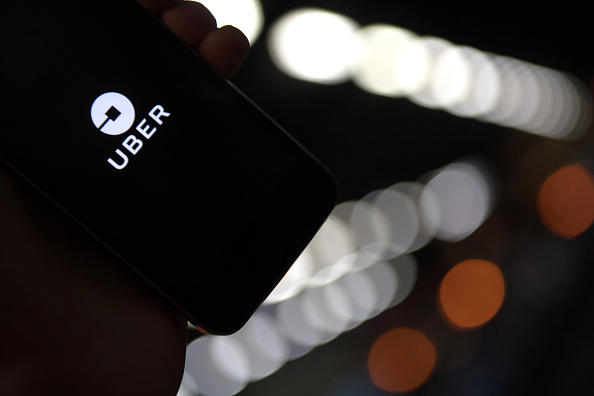Next week, Uber has plans to finally go public, allowing anyone to buy stock in the company. Although Uber lost $1.8 billion in 2018, the company still has a target valuation of between $80 and $90 billion, according to the Wall Street Journal.
That may have the potential to make some former and current employees rich, but drivers will most likely lose out. In response, United States drivers planned a 24-hour protest on May 8 ahead of Uber’s IPO in Boston, Chicago, Minneapolis, Philadelphia, San Diego, San Francisco, and Washington, D.C.
Now, drivers in the United Kingdom plan to join in. Uber drivers organized by the Independent Workers Union of Great Britain (IWGB) in London, Birmingham, Nottingham, and Glasgow all plan to log off the app and demonstrate outside of Uber offices in each city.
In a statement, the IWGB wrote:
“With an expected valuation of $100 billion, Uber’s founder, venture capitalists and management will become fabulously wealthy overnight. Uber’s founder stands to personally gain $9 billion. However, Uber’s business model is unsustainable in its dependence upon large scale worker exploitation, tax avoidance and regulatory arbitrage. Since 2016, successive judgements from the Employment Tribunal, Employment Appeal Tribunal and Court of Appeal have all said Uber drivers are entitled to basic worker rights, such as the minimum wage and holiday pay.”
The 9-hour boycott will take place between 7 am and 4 pm. Similar to American Uber drivers, they’re looking for a pay increase, commissions paid by drivers to Uber to be reduced from 25 percent to 15 percent, and more.
Workers are also demanding that Uber respects a 2016 ruling of the Employment Tribunal, which defined drivers as “workers” and not contractors. That’s a big deal because contractors aren’t entitled to holiday pay, pensions, or other workers rights.
At the time, Uber immediately said it would repeal the ruling, according to The Guardian. The company tried to argue that it was a “technology firm not a transport business” and drivers were “independent self-employed contractors who could choose where and when they worked.”
However, the Employment Tribunal ruling still stands.
“Drivers are protesting against the IPO which will lead to large payouts for executives and venture capitalist investors, despite failures to resolve pay issues for drivers,” the IWGB wrote.
Drivers are asking people in each of the cities where protests occur to not cross the picket line on May 8 by finding alternative ways of getting around.

